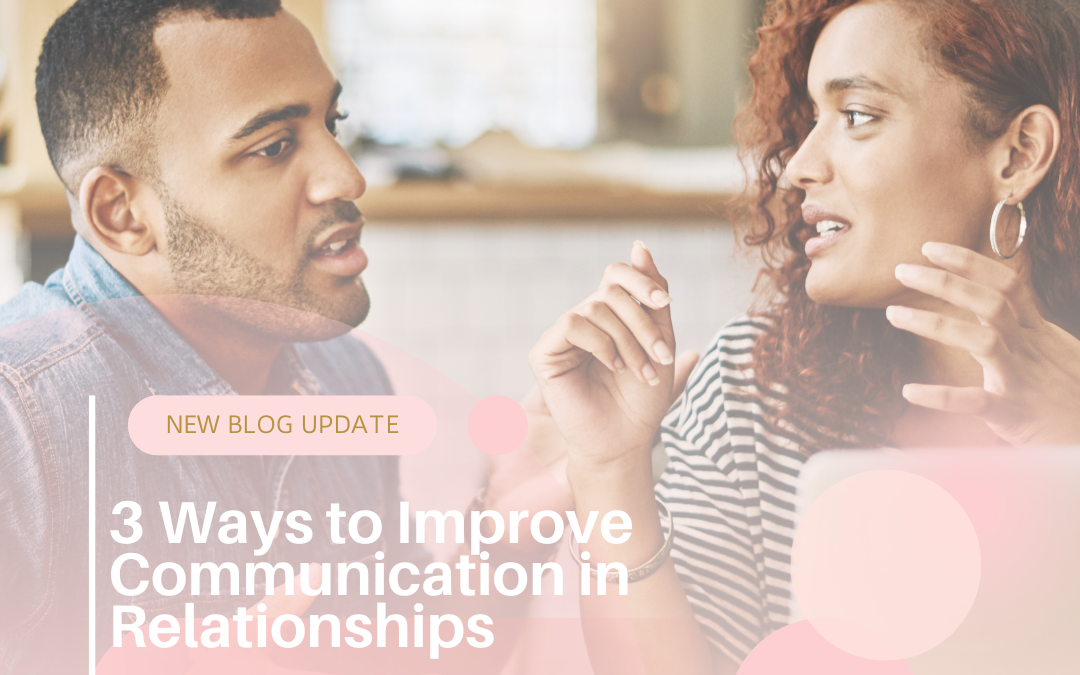Good communication is the heartbeat of healthy relationships. Whether it’s with your partner, family member, or friend, the way you communicate shapes the connection you share. Misunderstandings, arguments, or avoidance often arise when communication breaks down, but the good news is that there are practical steps you can take to strengthen this vital skill. Here are three effective ways to improve communication in your relationships:
1. Practice Active Listening
Listening is more than just hearing words—it’s about understanding the message behind them. Active listening requires your full attention and a genuine desire to connect with the other person.
How to Practice Active Listening:
- Put away distractions: Silence your phone and focus on the person in front of you.
- Reflect and validate: Paraphrase what they’ve said to show you understand. For example, “It sounds like you’re feeling overwhelmed because of work.”
- Ask open-ended questions: Encourage deeper dialogue by asking questions like, “Can you tell me more about how you feel?”
When you truly listen, you make the other person feel valued and understood, which fosters trust and connection.
2. Use “I” Statements
Conflict often escalates when conversations feel accusatory. Instead of saying, “You never listen to me,” try reframing your message with “I” statements. This approach shifts the focus to your feelings and experiences without blaming the other person.
Examples of “I” Statements:
- “I feel hurt when I’m interrupted because it makes me feel like my opinion doesn’t matter.”
- “I need some time to unwind after work before we talk about the day.”
“I” statements promote understanding and reduce defensiveness, creating a safe space for open communication.
3. Schedule Regular Check-Ins
Life gets busy, and important conversations can fall by the wayside. Scheduling regular check-ins with your partner, friend, or family member creates intentional space to address issues, celebrate wins, and maintain a strong connection.
How to Make Check-Ins Work:
- Set aside time weekly or biweekly to talk without distractions.
- Discuss not only challenges but also what’s going well in the relationship.
- Keep the tone positive and collaborative.
Regular check-ins prevent small issues from snowballing and help you stay aligned as a team.
Final Thoughts
Improving communication takes effort, patience, and practice, but the rewards are worth it. By actively listening, expressing yourself with care, and prioritizing meaningful conversations, you can build stronger, more fulfilling relationships.
Remember, effective communication is a skill that evolves over time. Be kind to yourself and others as you grow together. If you find communication particularly challenging, consider seeking the guidance of a therapist who can provide personalized tools and strategies.
Your relationships—and your heart—will thank you.


Recent Comments